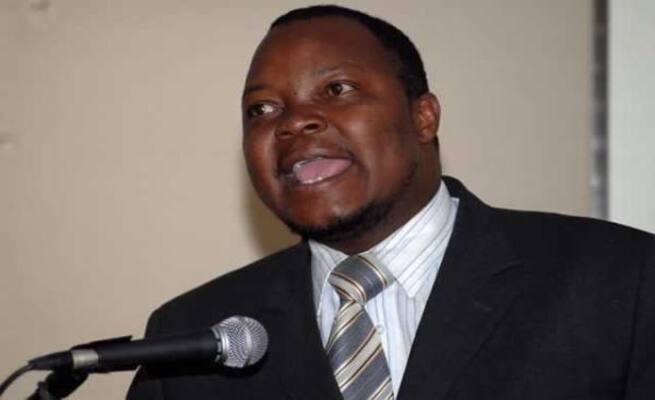Job Sikhala launches nationwide consultative process, breaks away from Citizens Coalition for Change
In a significant political development, former Zengeza West legislator Job Sikhala has announced his departure from the Citizens Coalition for Change (CCC) and unveiled plans to initiate a mass nationwide democratic consultative process, with the aim of forming a new national movement.
During a press conference held in Harare, attended by several Western diplomats, Sikhala declared that the CCC was now dead. The veteran opposition leader’s decision comes after former CCC president Nelson Chamisa also distanced himself from the party, citing concerns over infiltration by ZANU PF functionaries.
Undeterred by resource limitations, Sikhala emphasized the determination of the people to undertake this crucial task in Zimbabwe’s history, as they continue their struggle against tyranny to secure freedom, dignity, and prosperity.
“To all those who have retained their democratic right to cling to the CCC carcass, I wish them all the best in their project,” Sikhala stated.
Having recently been released from nearly two years of imprisonment, Sikhala outlined that the new initiative aims to solicit input from various groups across the country, fostering a collaborative effort to chart a fresh path for Zimbabwe’s future.
“The consultative process will encompass key constituent bodies, including the general population, labor unions, students, traditional leaders, churches, civil society organizations, businesspersons, professionals, residents’ associations, informal traders, women’s clubs, farmers, peasants, youth organizations, progressive political groups, war veterans, war collaborators, artists, the corporate sector, and people living with disabilities,” Sikhala explained.
He further detailed that a series of democratic consultative conventions would be held at different levels, commencing at the village level and culminating in a national people’s democratic convention.
“Each ward will elect a delegate to attend the national people’s democratic convention, where the collated and synthesized views from the grassroots and shopfloor levels across the country will be debated,” Sikhala added.
Acknowledging the challenges ahead, including potential resistance from the ruling party, Sikhala assured that no individual would be left without consultation, emphasizing the comprehensive nature of the process.
“There will be no one left without being consulted from Malipati to Matusadonha, from Kotwa to Manama, from Sipepa to Muzarabani. We are not men and women of empty threats,” Sikhala thundered.
Reflecting on his own experiences, Sikhala expressed gratitude for the support he received during his time in confinement, highlighting the public’s unwavering belief in his innocence.
Painting a somber picture of Zimbabwe’s current state, Sikhala drew attention to the prevalent “abject poverty,” “shrinking democratic space,” and “entrenched dictatorship,” underscoring the need for a united struggle that transcends narrow political interests.
As the nation watches the unfolding developments, it remains to be seen how Sikhala’s consultative process and the emergence of a new national movement will shape Zimbabwe’s political landscape in the coming months.















